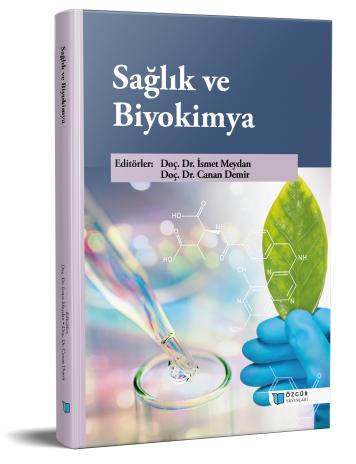
Nutritional Biochemistry: Functional Foods and Their Biological Activities
Chapter from the book:
Meydan,
İ.
&
Demir,
C.
(eds.)
2025.
Health and Biochemistry.
Synopsis
This chapter provides a comprehensive and interdisciplinary overview of functional foods, focusing on their biochemical foundations, biological effects on human health, and emerging approaches in their development. Functional foods go beyond basic nutrition by offering physiological benefits through bioactive compounds, contributing to the prevention of chronic diseases and the promotion of overall well-being. Key components such as probiotics, prebiotics, synbiotics, dietary fibers, antioxidants, essential fatty acids, phytochemicals, and phenolic compounds are discussed in relation to their mechanisms of action and health-promoting effects. Furthermore, the role of innovative technologies—including 3D food printing, vacuum impregnation, upcycling of food processing by-products, nutrigenomics, and reverse engineering—is examined in the context of enhancing the nutritional quality and functionality of food products. Clinical and epidemiological studies supporting the protective role of functional foods in immunity, cardiovascular health, metabolic regulation, and obesity are also highlighted. Regulatory frameworks and consumer attitudes are critically evaluated to understand the broader implications of functional food consumption. Ultimately, functional foods are increasingly recognized as integral components of sustainable nutrition strategies and public health interventions.

